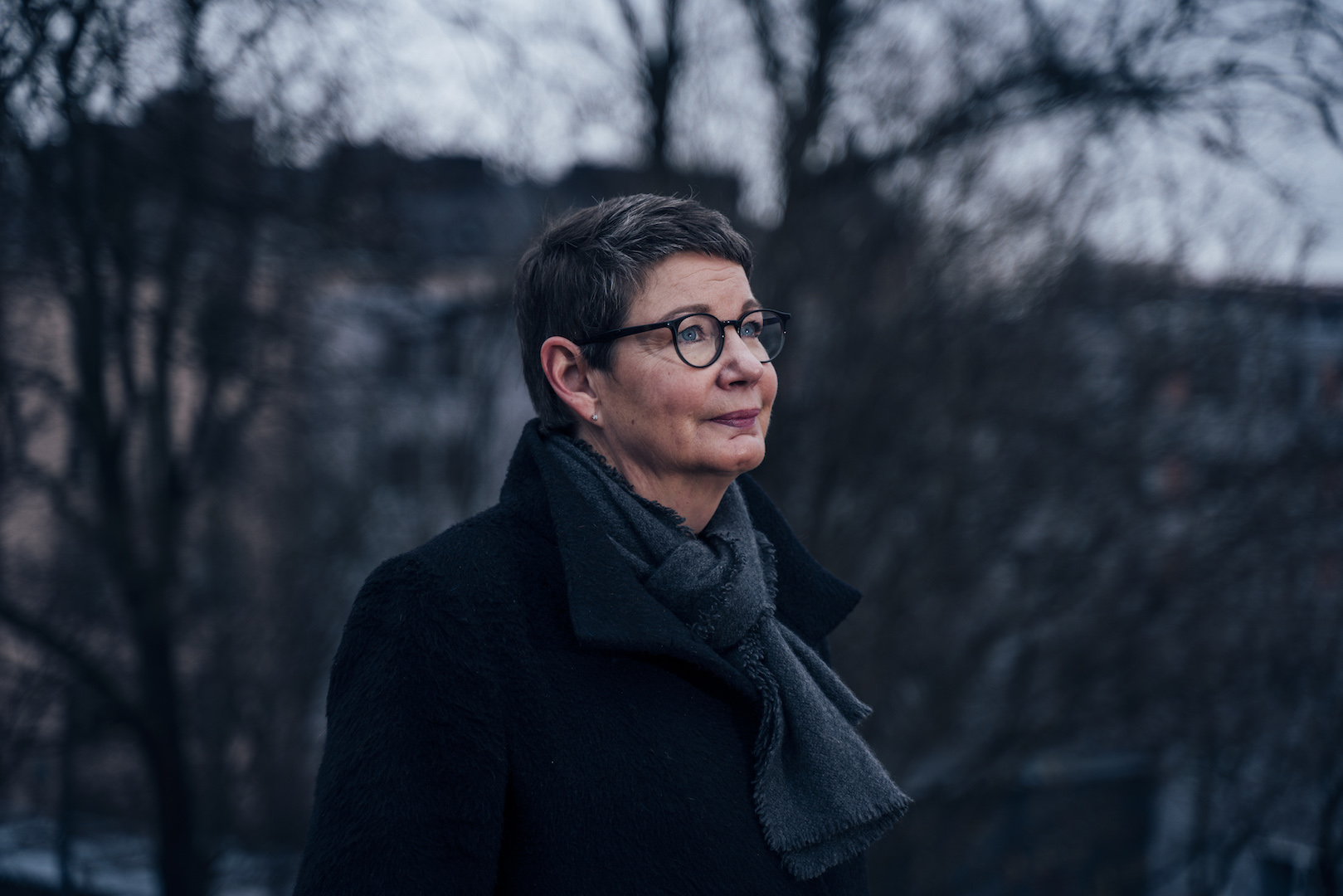When the governing board of the Nessling Foundation was seeking a social scientist with knowledge of environmental matters, they contacted Tuula Varis. She believes that dialogue between decision-makers and researchers is needed, but research must not be made merely for the needs or under the terms of decision-making processes.
The article has first been published in March 2019. Our article series introduces the members of the governing board of the Maj and Tor Nessling Foundation.
What drew you to the Nessling Foundation?
“When I was invited to join the governing board of the Nessling Foundation in 2012, the decision was easy. Responding to environmental challenges requires cooperation from various parties, and the foundation plays a vital role in this cooperation.
The environment is close to my heart, both professionally and personally. I am a Licentiate of Social Sciences and my career has revolved around environmental matters. For the past seven years, I have worked as Director General at the Ministry of the Environment.”
What are the benefits of your background in social sciences when it comes to working in the governing board?
“Our board is a wonderful team and I am one of the players. Our team also includes the staff and expert committee of the foundation.
The board includes both financial and scientific experts. My background in the Ministry of the Environment has given me a good understanding of decision-making processes and the key environmental challenges from the perspective of society.”
How has the Nessling Foundation changed over the years?
“The foundation’s mission and vision have remained unchanged; all of our operations are aimed at protecting nature and the environment for future generations. However, we have seen various types of development over time.
In line with its slogan “Pro aere, aqua, terra”, the foundation originally supported scientific and technological research related to the air, water and soil. Over the years, we have started to view environmental questions as increasingly diverse phenomena, such as curbing climate change or stopping the loss of biodiversity. These days, we focus on multidisciplinary projects and a systematic approach to solving challenges and emphasise the social relevance and impact of the projects.
We have also renewed the foundation’s communications and influencing policies. We organise events and increase our effectiveness by cooperating with other foundations. Some great example include the researcher workspace Nessling Nest, the new forms of corporate cooperation and the Forum for Environmental Information funded together with the Kone Foundation.”
Can a researcher and a decision-maker find common ground?
“Various time spans make cooperation between researchers and decision-makers challenging. Decision-makers would like to have quick access to pre-processed information, but research and publishing results takes time.
Researchers and decision-makers should engage in dialogue along the way in the different stages of the research. At its best, dialogue can result in understanding and new insight for both parties.
However, I want to emphasise that research must not be produced exclusively on the terms of decision-making processes and results must not be produced only for the needs of decision-makers. Research can be impactful in more ways than one. Impactful research can adjust the public opinion or serve the internal development of science.”
Get to know the other board members
Niina Bergring
Simo Honkanen
Timo Kairesalo
Johanna Kentala-Lehtonen
Tellervo Kylä-Harakka-Ruonala
Pertti Lassila
Jari Niemelä
Niko Soininen
Ilari E. Sääksjärvi
Tuula Varis


